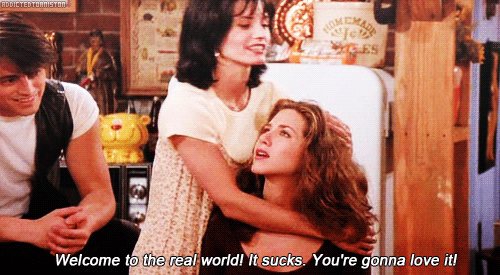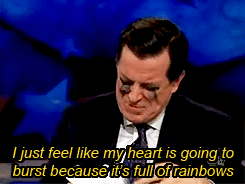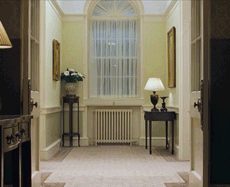I'm so thankful that I was diagnosed with endometriosis in the age of the internet and social media. It puts you as the patient in a much better position in terms of access to information about your condition and the power to make better informed decisions. It also unites sufferers in a way like never before. Now, when you're curled up in bed in pain, you can access other people in the exact same situation as you and find comfort in that. For chronic illness, something that can be quite isolating, social media makes everyone more connected.
As a social media user it can also be quite confusing. It's taken me a little while to find the blogs and groups that supported me and didn't leave me feeling worse than before. Some groups can make you feel belittled, or worse, hopeless, and it's important to find the groups that work for you. The following is a quick summary of the social media that I use the most in relation to endometriosis, in case people out there are looking for something to start from.
Facebook
I have liked this on Facebook and it comes up in my feed. It means that I am always up to date with all the latest research and articles about endometriosis. They also have a
Diet & Nutrition Subgroup and a
Fitness Subgroup which are worth joining. They are closed groups so you can feel safe knowing that they are moderated and not everyone can see what you write (good when you're talking about some of the more personal aspects of endometriosis). They are two of the more supportive diet and exercise related groups that I have found out there (when it comes to nutrition in particular, it is actually quite a minefield.)
This started as a Yahoo email group which I am also part of, but has since evolved into a Facebook group (which I find easier to use). It's full of lovely Australian women with endometriosis who are supportive and very very active in posting at the moment. It again is a closed group which is useful when tampons and bowels are common topics of conversation that you probably don't want splashed all over your friends' Facebook feeds. Another good Australian based group is
Endometriosis Australia discussion group. The great thing about these groups is that you can post whatever problem you have at the moment and you can bet that at least one person has gone through what you are going through. This was particularly helpful to me when I was going through depression and anxiety related to the Mirena and my doctor was denying that it could be related.
Blogs
I've written previously about
my favourite endo blogs, but you can also check out the side bar for other endo blogs I follow.
Pinterest
I've found a few good endometriosis boards on Pinterest - some because they featured me (so flattering that people think my blog is good enough to pin!). My favourite is
here. I also follow these ones
here,
here and
here. Pinterest is one of the ways that I find new endo blogs, and I love that it is generally a really positive environment. It's also a great source of endo-friendly recipes, although you never do know how well it will turn out with Pinterest - just have to try and see! (My Pinterest account is
http://pinterest.com/vintagelib/)
Twitter & Instagram
Personally I don't use Twitter and Instagram very much for endo related things. I like to keep my Instagram to a limited number of friends that I can share personal things with, and I find it difficult to keep to the 140 characters that Twitter requires. However, I know that many women with endo have found Twitter to be an incredible resource, so use the hashtags #endo or #endosisters and see what you can find!
And a final reminder - be smart with social media. If something doesn't sit right with you, then trust your instinct. Don't get sucked in when people tell you that they can cure endo (particularly if they want you to pay a price for it over the internet). These forums are filled with ordinary women, not doctors, so it's always good to find a good doctor if you can. Take this information that you've learnt and discuss it with them. I don't believe that endometriosis treatment ends with the medical profession though, as clearly they haven't found a cure yet. So it's worth checking out what works for other people to see if it works for you.
PS If you live in the UK and work, check out
TULIP. It's the Trade Union for Long-Term Illness and Pain, started recently by a woman with endometriosis. I wish we had something like this in Australia!
























